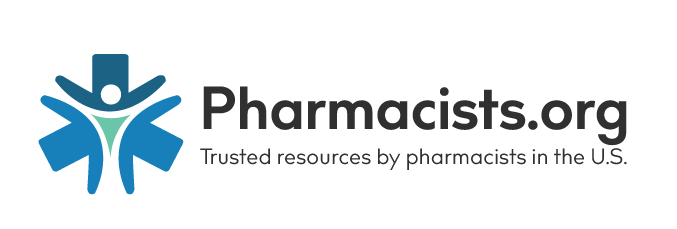As a freelance medical writer, one of my longstanding gigs is to edit peer-reviewed papers written by researchers whose first language is not English. Through this work, I have seen a lot of papers of varying quality, both in terms of content and in terms of writing quality.
I have also corrected many of the same writing mistakes, and in this post I’d like to share my top 5.
Table of Contents
#1: Incorrect use of the word ‘respectively’
‘Respectively’ ties two lists together: “Train A, B, and C were green, red, and blue, respectively.”
Many papers I have edited use the word where it doesn’t have meaning, like “Train A, B, and C were green, respectively.” In this case, ‘respectively’ doesn’t make any sense.
#2: Use of past and present tense
Past tense is typically used to describe methods and results, because it is what you did in the past (i.e. when you conducted the trial).
It would also be used to describe the results and methods of other researchers: “Evans et al. demonstrated the effects of increased p51 expression on breast cancer metastasis in k562 cell lines.” This is past tense, because this research already occurred.
Present tense would be used to describe a hypothesis or your thoughts on the subject, including if it is based on past results: “Taken together, these results indicate that increased p51 expression results in earlier metastasis in breast cancer.”
#3 Exceeding word counts or otherwise not meeting the formatting requirements of the journal
Nothing else to really say here. Read the author guidelines before you submit. That’s the same thing I have to do as a medical writer to get paid – if I don’t follow the editor’s instructions, it will come back to me.
#4: Incorrect use of punctuation, like commas, semicolons, and colons
I find the Grammarly blog to generally have the best information on using these correctly.
#5: Use of ‘A’ and ‘The’, or when to use neither
This one is extremely tough for non-native speakers. Too often, misinformed native English speakers with good intent think it is straightforward and try to give foreign speakers a simple ‘rule’ they can follow.
Yet this is definitely not the case, and I have learned from years of editing and years of interacting with non-native speakers on my journey to learning Japanese that it is very difficult, if not impossible, for non-native speakers to master this. Oftentimes, there are style differences and even native speakers disagree.
I don’t say that to discourage you, but rather to encourage you that it’s OK – I’m happy to edit these! At some point, it’s OK to accept that, while you are fully proficient in English and can function in even a professional setting, you aren’t a native speaker. You’ll drive yourself crazy trying to become one, and I’m not convinced how much difference it will really make.
Be proud of the mountain you have climbed – you have reached a high enough proficiency in a foreign language to write papers in that language. Very, very few people will ever reach anywhere near that level of proficiency in another language.
I’m not a native speaker of Japanese and never will be, so I will likely always mix up similar-looking Kanji at times and will never be able to draw all the Kanji even encountered in daily life. I’ll probably have difficulty understanding some talk shows, where they speak really fast and tell jokes based on cultural references I wouldn’t know about unless I grew up in Japan. And that’s OK.
I am a pharmacist, community pharmacy consultant, and medical writer with over 12 years of clinical practice experience in community, outpatient health system, long term care, and academic settings. I am also the founder of PharmCompliance.com, a website dedicated to the success of community pharmacy.
As a pharmacy project manager, I led the implementation of new service lines, assist with ensuring legal and third-party compliance for over 70 retail stores, lead quality improvement and medication safety initiatives, write policies, procedures, and best practices for all our retail sites, and help with optimizing revenue cycle and pharmacy profitability. I have been responsible for DMEPOS and vaccine accreditation through CMS, obtaining new licenses and permits, and implementing a prescription drug kiosk embedded in our physician offices.
As a medical writer, my work has been featured in GoodRx, Pharmacy Times, Drug Topics, Patient Care Online, and in peer-reviewed journals. I have also given presentations on a range of topics, from disease state pharmacotherapy for medical residents to updates on the CDC vaccine storage and handling guidelines for a medical-grade refrigerator and freezer manufacturer. I have written and presented continuing education for CEImpact, FreeCE, AchieveCE, Ascension Health, and the Florida Department of Health.








